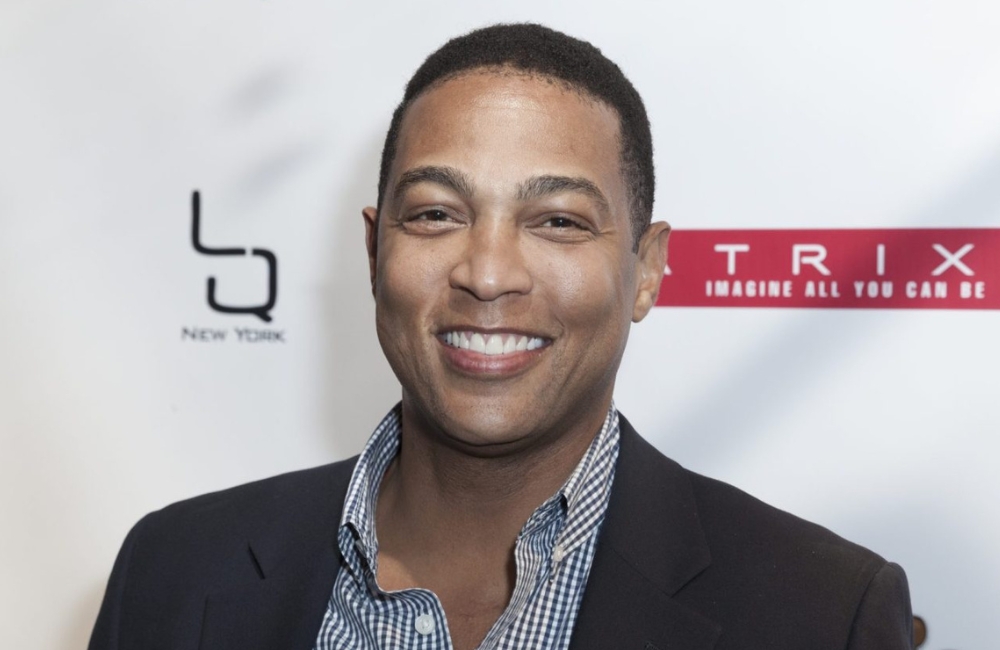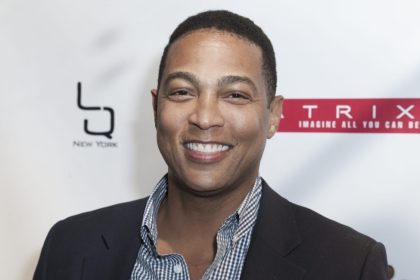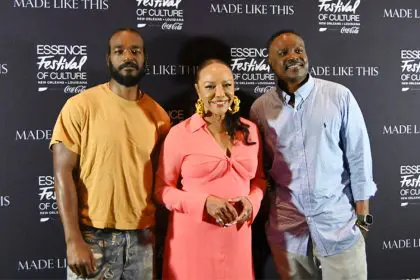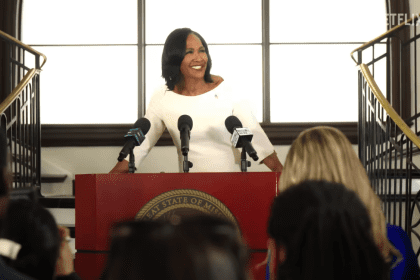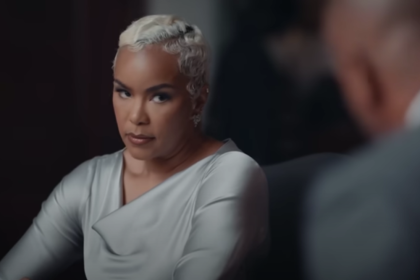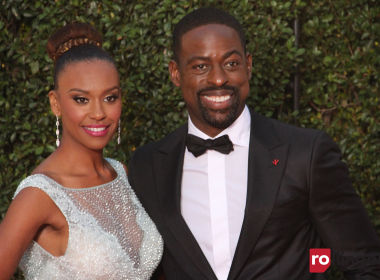The atmosphere became tense following the Grammy Awards on Feb. 2, when CNN anchor Don Lemon addressed accusations from rapper Ye West. The situation unfolded after the ceremony, where West’s wife, Bianca Censori, had already garnered attention for her distinctive fashion choice. The incident quickly escalated on social media platforms, drawing attention from both entertainment and news media circles. As the story developed, it became clear that this was more than just a simple misunderstanding between two public figures.
Background of the dispute
The controversy ignited on social media when West expressed his frustration about alleged misinformation regarding his Grammy attendance. Specifically, West accused Lemon of starting a rumor that Censori had been “kicked out” of the Grammys. Then, in perhaps the richest part of this episode, West, the kettle-calling-the-pot-black Trump supporter, referred to Lemon as a “koon.”
His comments included racially charged language directed at Lemon, highlighting the complex intersection of celebrity, media, and racial discourse in modern entertainment. The dispute quickly gained traction online, with supporters and critics alike weighing in on the situation. The incident occurred against a backdrop of increasing tension between traditional media outlets and celebrity figures who often use social media as their primary communication platform.
Setting the record straight
Lemon responded through an Instagram video, addressing the accusations directly and providing clarity about his role in the situation. He emphasized that rather than spreading misinformation, he had actively worked to correct false rumors after communication with West’s team.
“First of all, Kanye … Ye, whatever your name is, I did not start a rumor about you being kicked out of the Grammys,” Lemon says in the video. “I actually corrected it. I saw someone on your team who asked me to correct it because it had been reported everywhere.”
This response demonstrated the ongoing challenge media figures face in maintaining accuracy in reporting while managing public personalities. The CNN anchor’s detailed explanation included a timeline of events and clarification of his actions, showing the importance of transparency in modern journalism.
Broader implications
The dispute extended beyond personal disagreement, touching on West’s previous political alignments and public statements. Lemon’s response referenced these past controversies, particularly West’s support for certain political figures and movements, adding layers to an already complex situation. This aspect of the controversy highlighted the ongoing challenges faced by media personalities when covering celebrities with complex political histories and public personas. The incident also raised questions about the responsibility of public figures in maintaining constructive dialogue, especially when addressing sensitive topics.
Media responsibility
This incident illuminates the delicate balance between celebrity coverage and journalistic integrity. Initially, there were conflicting reports about West’s Grammy attendance and status at the event. However, subsequent clarification from West’s representatives confirmed his invitation and attendance, highlighting the importance of fact-checking in modern media coverage. The situation serves as a case study in the challenges faced by journalists in the age of instant news and social media, where the pressure to report quickly must be balanced against the need for accuracy.
The role of social media in spreading and amplifying controversies has become increasingly significant, with platforms serving as both the battleground for disputes and the medium for clarification. This dynamic creates new challenges for traditional media figures who must navigate both conventional journalistic standards and the rapid-fire nature of social media discourse.
Cultural impact
The exchange between these two prominent figures reflects broader societal discussions about representation and responsibility in media. As influential voices in their respective fields, both Lemon and West’s interaction demonstrates the evolving nature of public discourse and the impact of social media on traditional journalism. This incident highlights the ongoing evolution of media dynamics, where traditional journalistic practices intersect with modern communication platforms and celebrity culture.
The situation has broader implications for how media figures and celebrities interact in the public sphere, particularly when addressing sensitive topics or correcting misinformation. It raises important questions about accountability, professionalism, and the role of social media in shaping public narratives.
The incident serves as a microcosm of larger issues within entertainment journalism, highlighting the need for accurate reporting while managing celebrity relationships and public perception. As media continues to evolve, the balance between immediate reporting and factual accuracy remains crucial. This case demonstrates the ongoing challenges faced by journalists and media personalities in maintaining professional standards while engaging with rapidly evolving social media dynamics.
The aftermath of this exchange continues to resonate within media circles, prompting discussions about best practices for handling celebrity disputes and the importance of maintaining journalistic integrity in an era of instant communication and social media influence.

